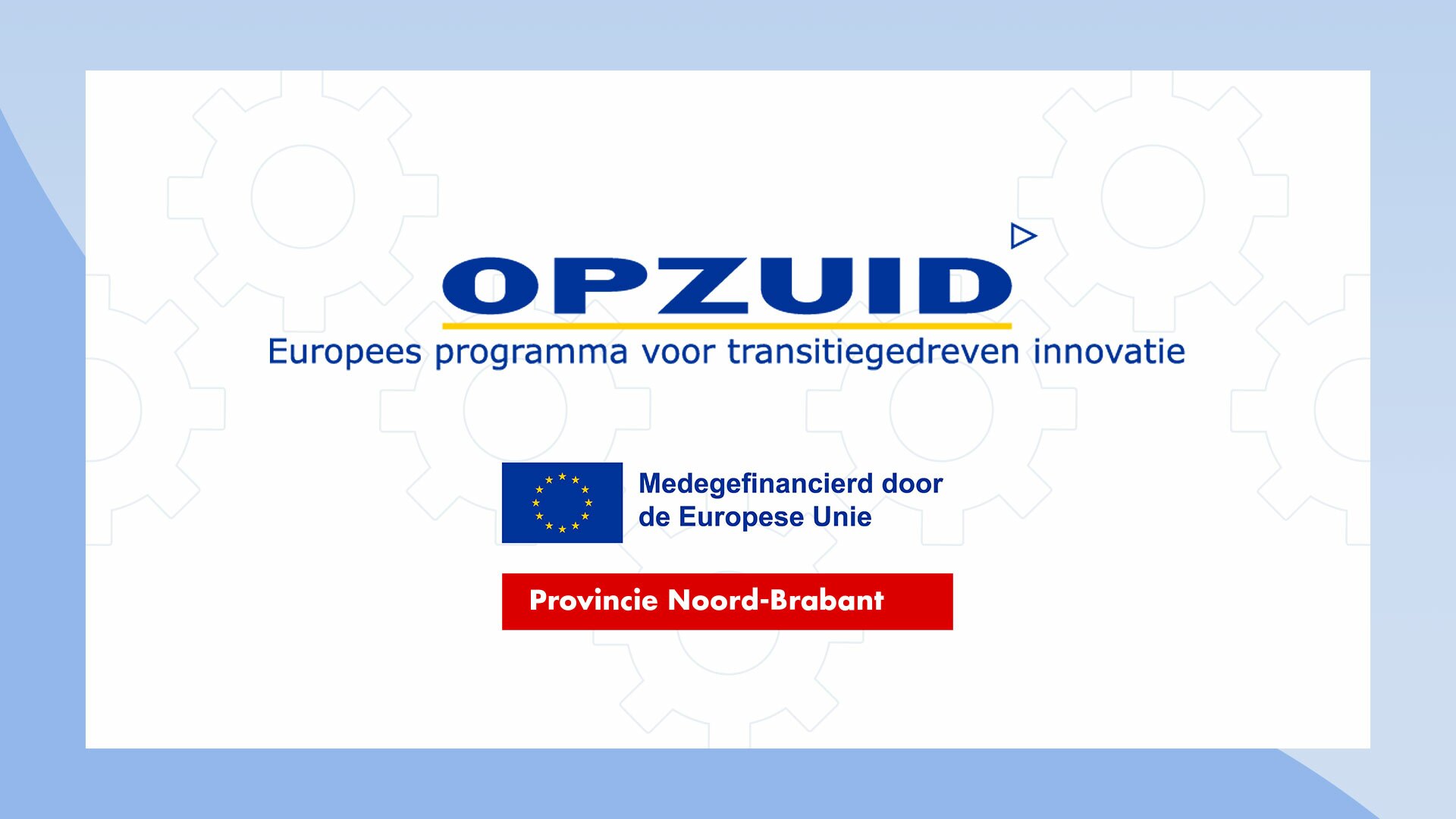European support for further development viQtor!
We are proud to announce that smartQare has been awarded a new R&D grant:
Pressure, a 3-year (partly European) grant under the OpZuid (EFRO) programme. Herewith an explanation of what we will do with various partners within this grant programme.

The aim of the project is to achieve significant cost savings in CVD (cardiovascular) patients requiring intervention:
Cost savings are possible using digitization and enhancing the cooperation between medical specialist and homecare by:
- Preparing the patient well for the intervention, especially fitness, based on continuous monitoring of vital signs
- Facilitating early hospital discharge up to 2 days earlier than nominal by accurate post-operative monitoring
- Supporting possible home treatments and medication dosing and facilitating early diagnosis of abnormalities. Moreover, monitoring can differentiate post-operative stress from medical complications and prevent unnecessary first-aid visits.
We do this through the development and implementation of a non-invasive, continuous and cuff-free blood pressure reconstruction based on PhotoPlethysmoGraphy (PPG), for perioperative and rehabilitating (home) patients, especially those recovering from - or with planned - cardiovascular surgery. Central to this is the prevention or rapid detection of complications and accurate dosing of medication for blood pressure regulation.
The solution will be integrated in two comfortable wearables: viQtor from smartQare and eCareBuddy from Freesense, both of which meet the high requirements in terms of medical reliability and certification and are therefore suitable for cardiological care.
A further goal is to increase accuracy and reliability by applying the dual-site wearables as well as being able to omit interim (and uncomfortable) cuff-pump calibrations. Portability of both wearables and application of AI plays a central role here.

The implementation of the system will be tested together with Catharina Hospital and Eurocept with regard to the "Quadruple Aim". This will look at chain agreements, connecting to open standards and interoperability as well as outlining patient care paths and investigating the value for the patient and care employee.
The ultimate social impact of continuous blood pressure monitoring is the prevention of (worsening) cardiovascular diseases, where AI can be used to make predictions that contribute to better prevention. The shift towards this preventive, more cost-effective, approach is in full swing but determining the effectiveness of deployed strategies takes time.
Besides application of continuous blood pressure monitoring in patients in a pathway around cardiovascular surgery, we see several other patient groups and treatment pathways where continuous blood pressure measurement can substantially contribute to quality and efficiency in care.
In short, this grant supports us and our consortium partners in the development of medical technology with a potentially substantial added value for healthcare.
We are proud and delighted to get started on this and we will periodically inform on progress.